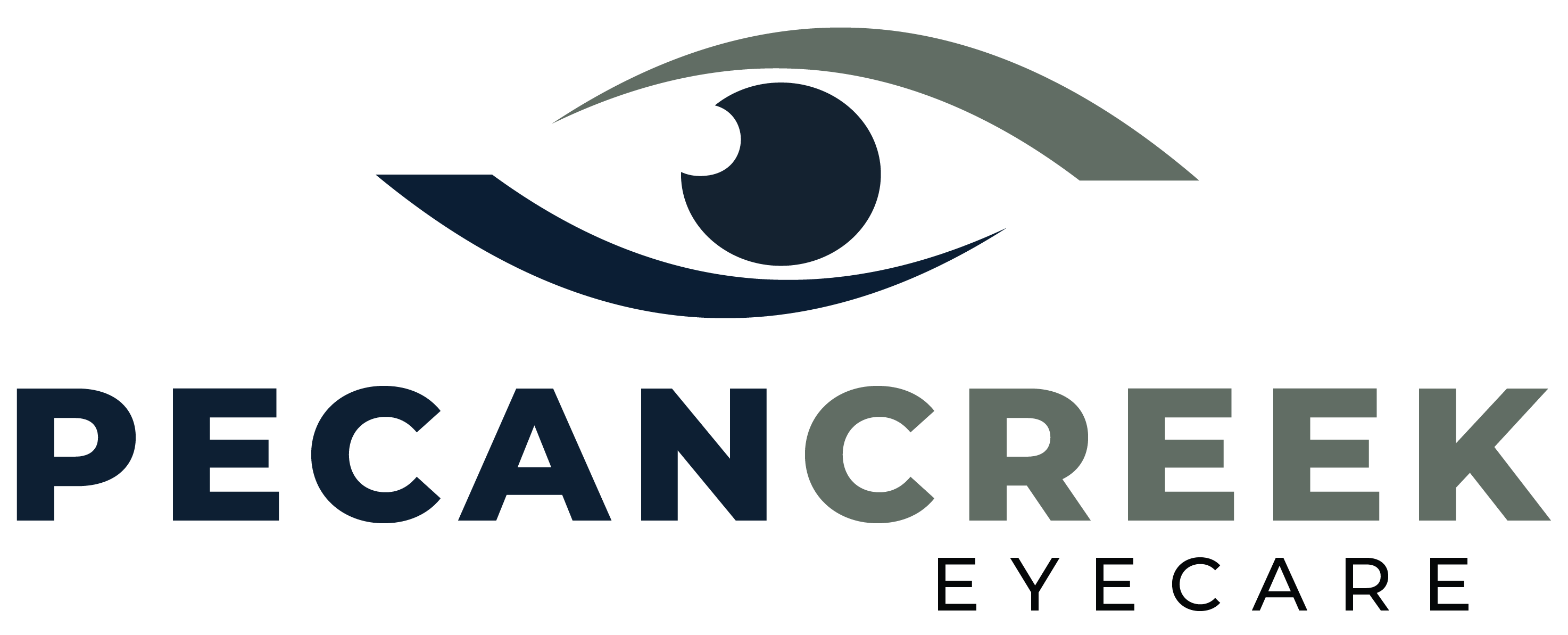
As a parent, ensuring your child's overall well-being is of utmost importance. One crucial aspect of your child's health that often gets overlooked is their vision. Pediatric eye care plays a vital role in maintaining healthy vision and supporting your child's growth and development.
Common Eye Conditions in Children
Children can develop a variety of eye conditions, some of which may go unnoticed without proper screening and examination. Some of the most common eye problems in children include:
• Refractive Errors: This includes nearsightedness (myopia), farsightedness (hyperopia), and astigmatism, which can affect a child's ability to see clearly.
• Amblyopia (Lazy Eye): This condition occurs when one eye develops weaker vision than the other, often due to misaligned eyes or a significant difference in refractive error between the two eyes.
• Strabismus: Also known as crossed or wandering eyes, this condition involves the misalignment of the eyes, which can lead to vision problems and even amblyopia if left untreated.
Signs and Symptoms of Vision Problems in Children
Recognizing the signs and symptoms of vision problems in children is crucial for early detection and treatment. Some common indicators include:
· Frequent eye rubbing or blinking
· Complaints of headaches or eye strain
· Sitting too close to the television or holding books/devices very close to the face
· Tilting the head or covering one eye to see better
· Difficulty with coordination or depth perception
· Poor academic performance or behavioral issues
How Vision Problems Affect Learning and Development
Vision is a critical component of a child's overall development, both academically and socially. Undiagnosed or untreated vision problems can have a significant impact on a child's ability to learn, interact with their peers, and engage in physical activities. Some of the ways vision problems can affect a child's development include:
· Difficulties with reading, writing, and other visual-based tasks
· Challenges with hand-eye coordination and spatial awareness
· Behavioral issues, such as attention problems or frustration
· Social challenges due to difficulty with visual cues and nonverbal communication
Early detection and treatment of vision problems can help ensure your child has the best possible opportunity to thrive in all areas of their life.
The Importance of Regular Pediatric Eye Exams
Regular pediatric eye exams are essential for maintaining healthy vision and identifying any potential issues early on. The American Optometric Association recommends that children have their first comprehensive eye exam at 6 months of age, followed by additional exams at 3 years old, 5 years old, and then annually thereafter.
During these exams, an optometrist will assess your child's visual acuity, eye alignment, color vision, and overall eye health. They may also perform additional tests to detect any underlying conditions or developmental delays. By staying on top of your child's eye health, you can ensure that any vision problems are addressed promptly, allowing your child to reach their full potential.
Early Detection and Treatment of Vision Problems
Early detection and treatment of vision problems are crucial for ensuring your child's healthy development. When vision problems are identified and addressed early on, children are more likely to experience positive outcomes, such as:
· Improved academic performance
· Enhanced social and emotional well-being
· Better coordination and physical development
· Reduced risk of long-term vision impairment
Prompt treatment can involve corrective lenses, or other interventions tailored to your child's specific needs. By addressing vision problems early, you can help set your child up for success in all areas of their life.
Schedule Your Child’s Eye Exam with Pecan Creek Eyecare Today
Pediatric eye care is an essential component of your child's overall health and well-being. By understanding the importance of regular eye exams, recognizing the signs of vision problems, and seeking prompt treatment, you can help ensure your child has the best possible vision and the tools they need to thrive.
At Pecan Creek Eyecare, our experienced optometrists are committed to helping children maintain healthy vision and supporting their overall development. Visit our office in San Tan Valley, Arizona, or call (480) 741-8822 to schedule an appointment to ensure your child's eyes are healthy and their vision is set up for success.




